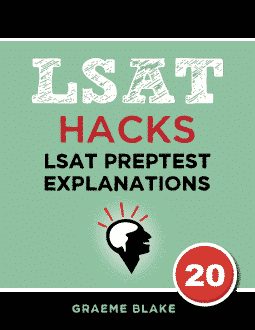QUESTION TEXT: Whenever a company loses a major product…
QUESTION TYPE: Flawed Parallel Reasoning
CONCLUSION: Cotoy lost the lawsuit.
REASONING: Cotoy has been involved in a lawsuit and their stock fell. Stocks always fall when companies lose major lawsuits.
ANALYSIS: Losing a lawsuit is sufficient for a stock to fall. But it isn’t necessary.
There are other reasons why a stock could fall. Maybe the company president stole billions and fled the country.
The flaw is: assuming that one sufficient reason for an event is also a necessary condition for that event.
___________
- This is a bad argument, because Shopwell’s employees might not care. But it doesn’t mistake sufficient for necessary.
- This is a bad argument. It hasn’t shown that a larger price decrease leads to a larger decrease in stability. It could be that even a very large price decrease only slightly affects stability. But this doesn’t confuse sufficient and necessary.
- This is a bad argument. Lack of leadership leads to decline. But that doesn’t mean that presence of leadership leads to gain. Leadership might only prevent a decline. But this doesn’t confuse sufficient and necessary.
- CORRECT. There might be other ways of making the college give you $10,000 apart from winning the Performance Fellowship. It’s a sufficient condition but it isn’t a necessary condition.
- This is a good argument. If sales didn’t increase then there is no way the company advertised effectively.
Recap: The question begins with “Whenever a company loses a major product”. It is a Flawed Parallel Reasoning question. Learn how to master LSAT Flawed Parallel questions on the LSAT Logical Reasoning question types page.


Leave a Reply